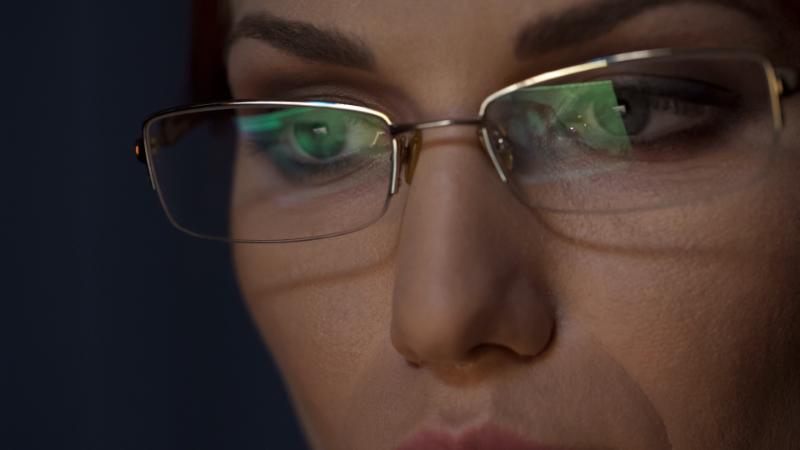I have a gold necklace inscribed with the words “We become what we behold.” It was a favorite phrase of a mentor whose passions lay at the intersection of faith and culture and who never failed to remind his students that what we fix our attention on will influence who we become.
His words were borrowed from the 19th century poet, William Blake, but the concept is a deeply Scriptural one, found in verse and in principal throughout both Testaments.
Controlling what we behold, however, is not as simple as avoiding R-rated movies, avoiding violent video games, or limiting our social media intake, although these may be wise precautions in their place. It’s not even as simple as favoring clean entertainment, balanced news sources, and moral education, although these also have benefits. It’s about learning how to behold Christ and the truths of Scripture as we encounter things that challenge our beliefs. It’s about developing the discernment to detect when and how something misses the mark and, through practice, honing our critical thinking skills to more accurately and consistently compare the patterns that are constantly presented to us with the pattern that God has revealed in his Word.
It’s about learning how to behold Christ and the truths of Scripture as we encounter things that challenge our beliefs.
Ultimately, changing how we behold is about allowing our minds to become so saturated with the knowledge of God that our worldview becomes transformed by it, and through this transformation, how we view, engage, and think about everything else.
As we behold, so we become.
But solid food is for the mature, for those who have their powers of discernment trained by constant practice to distinguish good from evil.
(Heb 5:14)
“Discernment is not knowing the difference between right and wrong, it is knowing the difference between right and almost right,”
Charles Spurgeon
